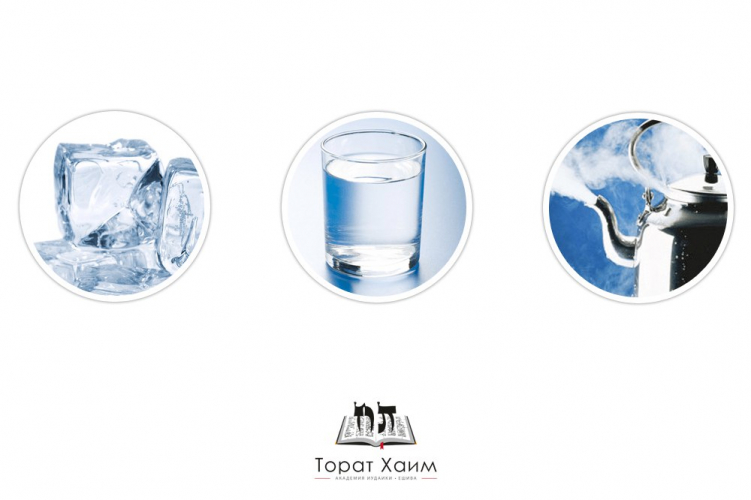What happens to a substance that undergoes destruction during decay or combustion? At first glance, it disappears...

What happens to a substance that undergoes destruction during decay or combustion? At first glance, it disappears without a trace ... However, already 250 years ago, "the father of modern chemistry" Antoine Lavoisier proved that matter is not destroyed, but only passes into another state. This physical law is known as the law of conservation of mass.
170 years later, Albert Einstein proved that energy and matter are two sides of the same reality; like water, which can turn into solid ice and an ephemeral gas. It also turned out that energy modifications do not affect its quantity in any way; it also does not disappear, does not increase or decrease.
This is how the law of conservation of energy was formulated. Subsequently, these two discoveries were combined by physicists into one universal law of nature, according to which the total amount of matter and energy in the Universe always remains unchanged.
Note that both of the aforementioned geniuses of science lived relatively recently: Lavoisier at the end of the 18th century, and Einstein in the middle of the 20th. It turns out that in accordance with the opinion accepted in the scientific community, this important law has become the property of mankind almost in our time?
But is it?
In the Torah, in the book of Coelet, it is said: “I knew that everything that the Almighty did would last forever! It is impossible to add to this, and there is no [possibility] to take away from it. "
The great Jewish sage Rav Saadia Gaon in his book "Emunot veDeot" writes that the law of conservation is explicitly mentioned in the Tanakh. Here are his words:
“No created body can destroy another body in any way. Even if they burn it on fire, it will never disappear! Because no one has the opportunity to destroy matter so that absolutely nothing of it remains, except for the One who created it out of total Nothingness. "
Let us only recall that the book of Koelet was written about 2800 years ago, and Rav Saadia Gaon lived about 1100 years ago.
Source: imrey.org Rav Zamir Cohen "Coup"